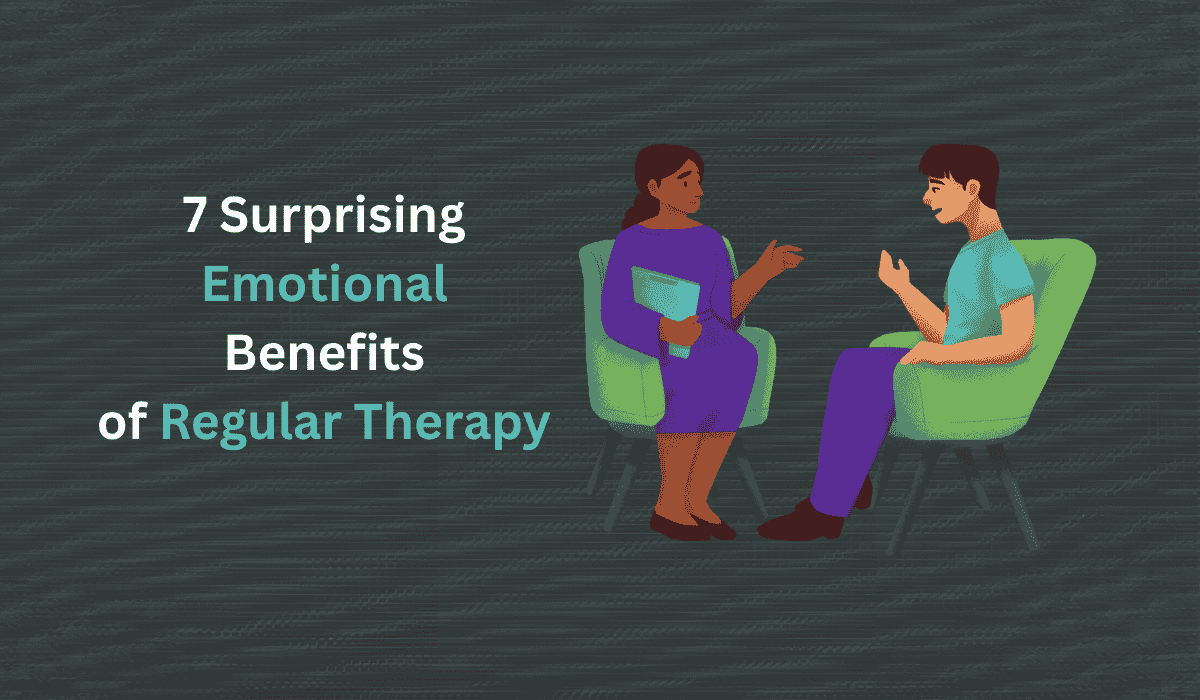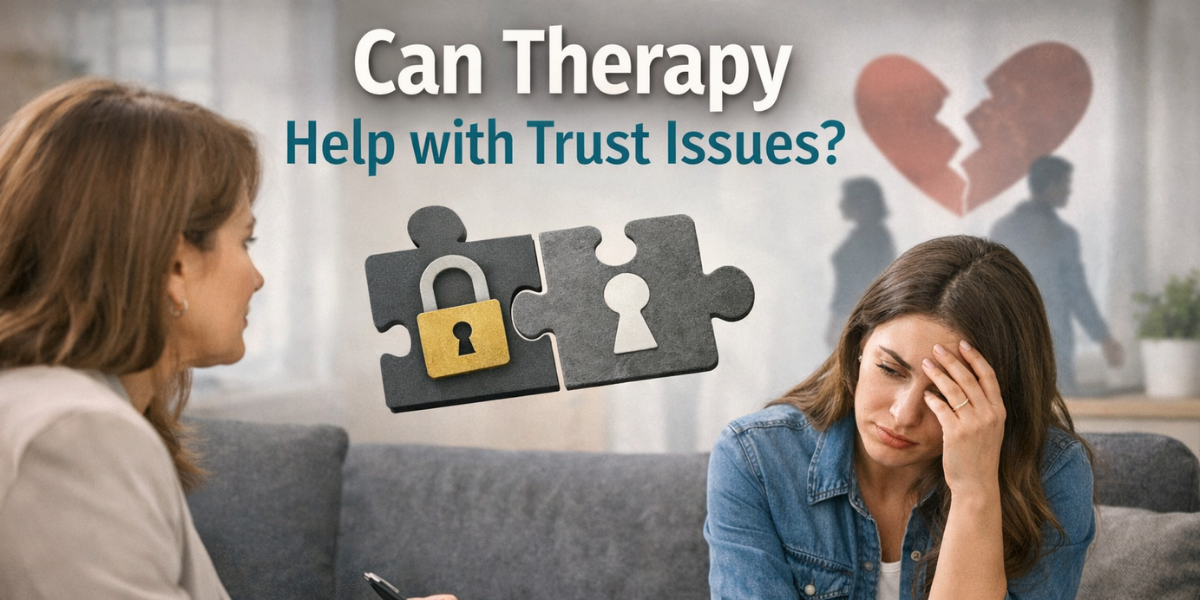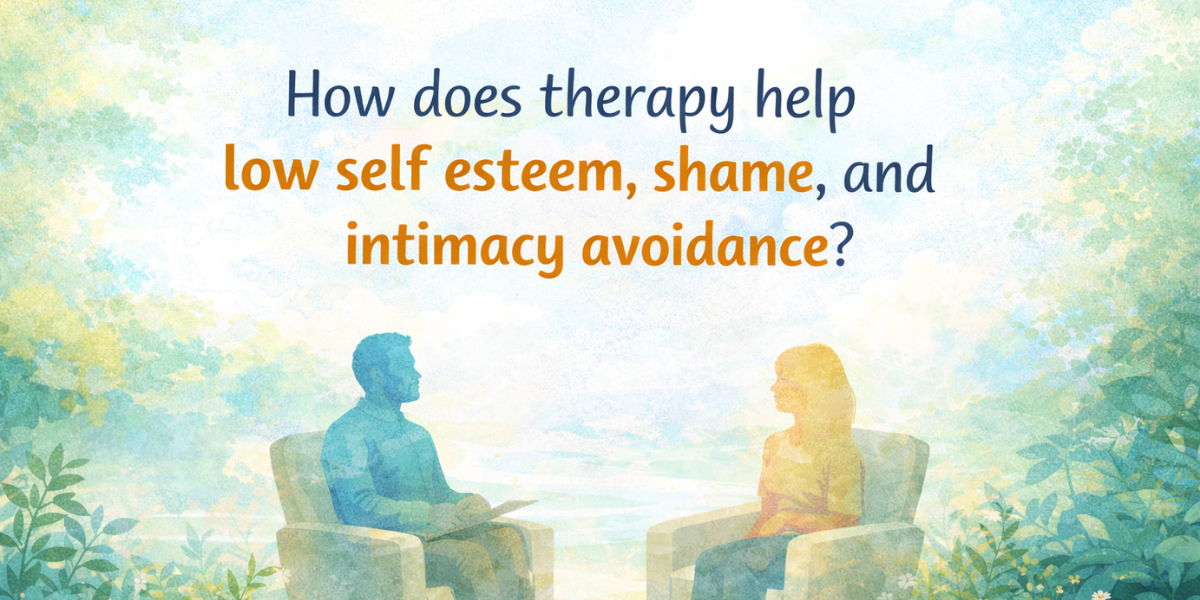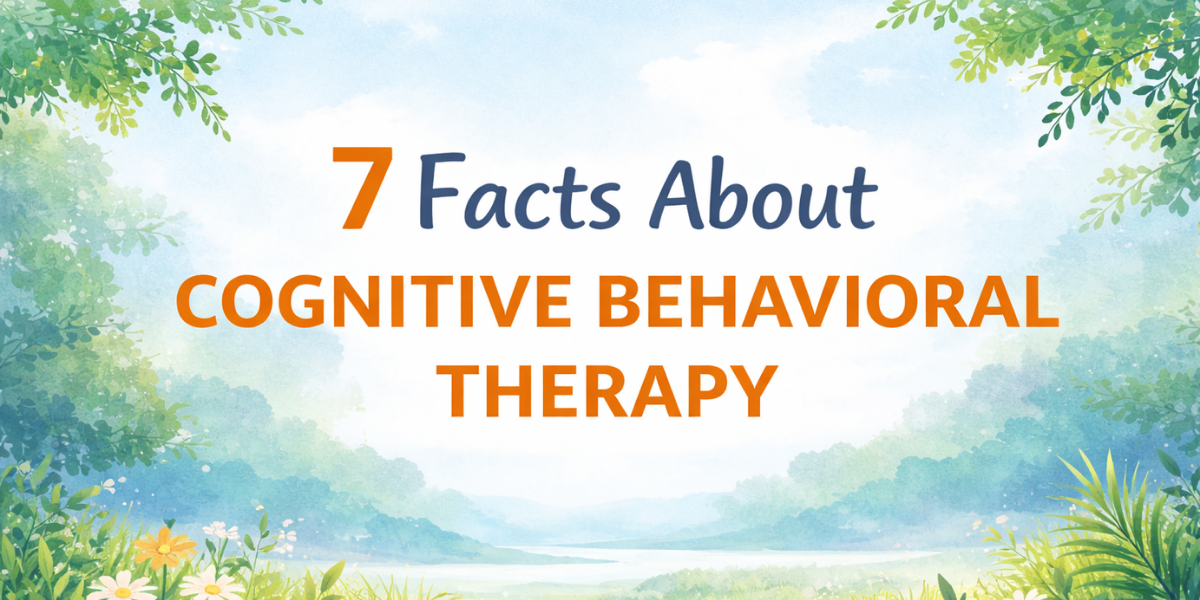Let’s face it—life is complicated. Whether you’re juggling work stress, relationship challenges, grief, past trauma, or just trying to make sense of your emotions, things can pile up quickly. That’s where therapy steps in. While some people think therapy is only for those in crisis, the truth is that regular therapy offers a wide range of emotional benefits that can positively transform your life, even if everything seems “fine.”
In this article, we’ll walk through seven surprising emotional benefits of therapy that most people don’t talk about. If you’re on the fence about starting or continuing therapy, these might just be the reasons that tip the scale.
1. Therapy Helps You Name Your Emotions
Have you ever felt overwhelmed but didn’t know why? That’s more common than you think. One of the first things therapy does is help you identify and label your emotions. This process is called emotional granularity, and it matters more than you might guess.
When you can say, “I’m not just angry, I’m feeling rejected or disappointed,” you gain a clearer understanding of what your mind is trying to tell you. And once you have that clarity, you can take action that actually helps—instead of reacting out of confusion.
Therapy gives you a safe space to explore these feelings with someone trained to guide you gently toward understanding.
2. Therapy Boosts Emotional Resilience
Emotional resilience means being able to bounce back from stress or setbacks. It doesn’t mean you won’t feel pain, but it does mean you’ll recover more quickly and with more grace.
Regular therapy builds this resilience over time. You start recognizing patterns, setting boundaries, and coping in healthier ways. This emotional strength doesn’t just help with the big life events—it also improves your day-to-day mood, decision-making, and confidence.
In a sense, therapy is emotional strength training. The more you go, the stronger you get.
3. Therapy Improves Your Self-Awareness
Many people are surprised to find that therapy reveals parts of themselves they never noticed before. This might include unconscious beliefs about relationships, success, self-worth, or even how you view happiness.
With regular sessions, you begin to see yourself more clearly. You become aware of your strengths, your fears, and even your defense mechanisms. This kind of deep self-awareness empowers you to make conscious choices rather than being led by automatic reactions.
The emotional benefit here is huge: you stop being a mystery to yourself.
4. Therapy Enhances Your Relationships
This one might seem obvious, but it’s often underestimated. Whether it’s with a partner, parent, child, or co-worker, healthy relationships depend on healthy emotional communication. Therapy helps you develop those skills.
You learn how to:
- Set healthy boundaries
- Express your needs without guilt
- Listen more attentively
- Spot toxic patterns before they grow
When your emotional world is more stable and understood, your connections with others naturally improve.
5. Therapy Creates a Safe Outlet for Stress
We all need to vent. But not every friend or family member can offer the kind of listening ear that really helps. That’s what makes therapy unique.
Your therapist is a neutral third party. They’re not going to judge you, interrupt you, or get offended. They’re trained to help you release your stress in a healthy way, and often, that alone can lighten your emotional load.
Having a regular outlet where you can talk about what’s going on gives you peace of mind. It prevents the build-up that leads to burnout, anxiety, or emotional numbness.
6. Therapy Teaches You Healthier Thought Patterns
Let’s be honest—our inner dialogue can be harsh. Many people walk around with thoughts like “I’m not good enough,” or “I’ll never be happy,” and they don’t even notice it.
In therapy, you learn to spot these negative thought patterns and challenge them. You replace them with more balanced, realistic thinking. This process, often used in cognitive behavioral therapy (CBT), helps you shift from feeling helpless to feeling hopeful.
The emotional benefit? You become your own inner ally instead of your harshest critic.
7. Therapy Encourages Long-Term Emotional Growth
Perhaps the most powerful benefit of all is this: therapy doesn’t just help you feel better in the moment. It lays the foundation for lasting emotional growth.
Through regular sessions, you build emotional skills you carry for a lifetime. You learn how to check in with yourself, process your feelings, resolve conflicts, and stay grounded in who you are. That’s not just emotional support—that’s emotional transformation.
Therapy isn’t a quick fix. It’s a journey toward becoming a more peaceful, emotionally intelligent version of yourself.
Who Can Benefit from Regular Therapy?
Short answer: everyone. Whether you’re a student, a parent, an executive, a retiree, or someone dealing with a specific mental health issue, therapy for emotional growth can help you navigate life with more clarity and strength.
It doesn’t matter if you feel “fine.” You don’t have to wait for a breakdown to get support. Think of therapy like emotional hygiene—you don’t wait for your teeth to fall out before you see a dentist, right?
What to Expect When You Start Therapy
If you’ve never been to therapy before, you might feel nervous or unsure. That’s completely normal. Here’s what usually happens:
- You’ll have a consultation where you talk about your goals
- Sessions are typically 45-60 minutes long
- You talk, and your therapist listens and guides
- You set the pace—there’s no pressure
Over time, you’ll notice that the safe space becomes something you look forward to. And as your trust in the process grows, so does the impact on your emotional well-being.
Therapy Is a Form of Mental Health Support USA Needs More Of
Across the United States, more people are recognizing the value of mental health support. With rising awareness of burnout, anxiety, depression, and trauma, therapy is no longer taboo. It’s a smart, proactive step toward a healthier life.
If you’re searching for therapy for emotional growth, there are hundreds of licensed professionals ready to help. Many offer virtual sessions, sliding scales, or insurance coverage to make therapy more accessible than ever.
Don’t wait. Emotional health matters just as much as physical health—maybe even more.
Final Thoughts: You Deserve to Feel Better
You don’t have to be falling apart to benefit from therapy. You just have to be human. Life is full of emotions, and therapy gives you the tools to understand, express, and grow through them.
The emotional benefits of therapy go far beyond fixing what’s broken. It’s about strengthening what’s already there. It’s about knowing yourself, taking care of your inner world, and living with more intention.
And maybe, just maybe, it’s the best gift you can give yourself.





